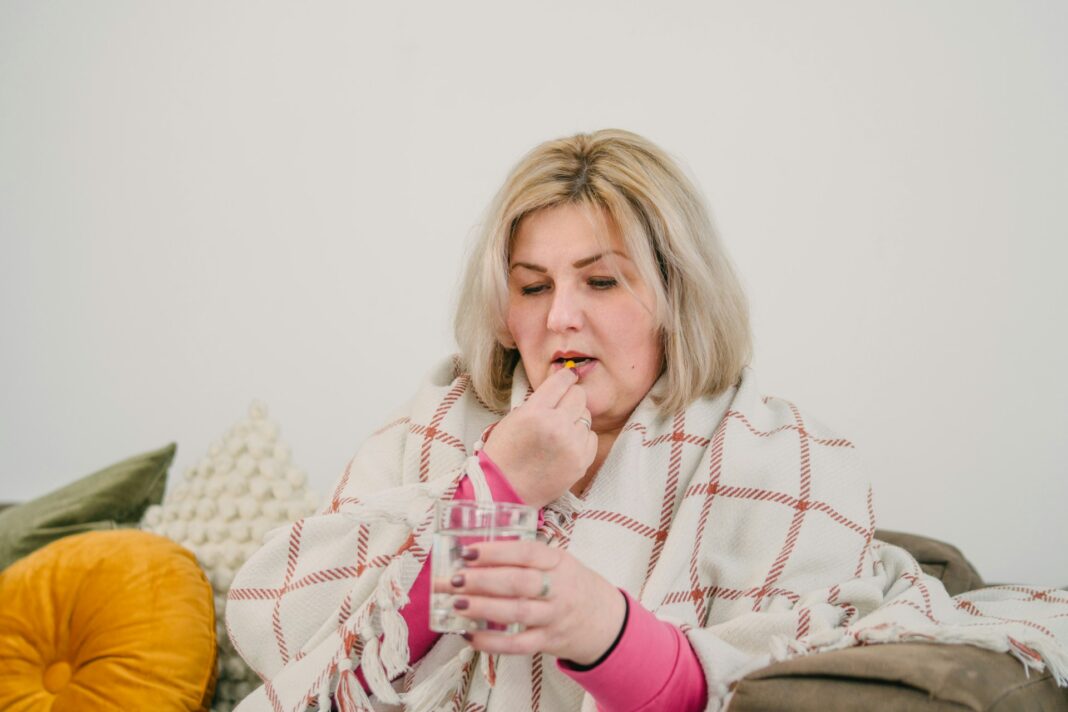Menopause is an inevitable transition in a woman’s life, yet its impact is anything but uniform. Some women navigate it with minimal discomfort, while others experience severe symptoms that disrupt daily life. The debate over the best approach—natural remedies or medical interventions—has persisted for years. Striking a balance between the two is often the most effective way to manage menopause holistically.
Understanding the Menopausal Shift
The onset of menopause signals a decline in estrogen, progesterone, and other critical hormones. These fluctuations lead to a range of symptoms: hot flashes, night sweats, mood swings, and cognitive fog. Beyond discomfort, menopause can increase the risk of osteoporosis, cardiovascular disease, and skin aging. Addressing these changes requires a personalized strategy—one that incorporates both natural and medical solutions.
The Natural Approach: Gentle Yet Effective
Many women turn to natural remedies in an effort to avoid synthetic hormones. Phytoestrogens—plant-derived compounds found in soy, flaxseeds, and red clover—offer a mild estrogenic effect, potentially alleviating hot flashes and hormonal imbalances. Herbal supplements such as black cohosh and evening primrose oil have also gained popularity, though scientific evidence on their efficacy remains mixed.
Lifestyle modifications serve as another cornerstone of the natural approach. A diet rich in lean proteins, leafy greens, and healthy fats supports hormonal equilibrium, while regular exercise enhances mood and bone density. Mindfulness techniques, including yoga and acupuncture, have demonstrated benefits in reducing stress-induced menopausal symptoms.
Topical treatments and PD Labs have also emerged as a sought-after solution. For instance, estriol face cream is frequently used to combat menopausal skin thinning and dryness. Estriol, a weaker estrogen, offers localized benefits without the systemic risks associated with traditional hormone replacement therapy (HRT). By replenishing lost collagen and improving skin elasticity, it provides a non-invasive method of mitigating estrogen-deficient skin changes.
The Medical Approach: Science-Backed Solutions
For women with severe symptoms, medical intervention often provides the most reliable relief. Hormone replacement therapy (HRT) remains the gold standard for managing menopausal symptoms. By restoring estrogen and progesterone levels, HRT alleviates vasomotor symptoms, preserves bone health, and potentially reduces the risk of dementia. However, its use must be carefully monitored due to potential risks, including blood clots and breast cancer.
Beyond HRT, non-hormonal pharmaceuticals such as selective serotonin reuptake inhibitors (SSRIs) and gabapentin have been prescribed to mitigate hot flashes and mood disturbances. Additionally, vaginal estrogen treatments effectively address genitourinary syndrome of menopause (GSM), reducing dryness and discomfort.
In dermatological care, estriol face cream represents a hybrid between the natural and medical worlds. Unlike systemic HRT, it provides a localized, low-risk alternative for preserving skin integrity, making it an appealing option for women concerned about estrogen depletion’s impact on their complexion.
Finding the Right Balance
The most effective menopausal care often integrates elements from both natural and medical spheres. While lifestyle modifications and plant-based therapies can offer substantial relief, they may not be sufficient for every woman. Conversely, medical interventions, while effective, should be used judiciously and tailored to individual risk profiles.
A comprehensive approach may include:
- Dietary Adjustments – Incorporating phytoestrogens, omega-3s, and calcium-rich foods.
- Regular Physical Activity – Engaging in strength training, cardiovascular exercises, and flexibility-enhancing activities.
- Topical and Supplemental Therapies – Utilizing estriol face cream for skin hydration and resilience.
- Medical Supervision – Consulting a healthcare provider to assess the need for HRT or alternative medications.
- Mental and Emotional Wellness – Practicing meditation, cognitive behavioral therapy, and stress-reducing activities.
Navigating menopause is a deeply individual journey. Whether through herbal remedies, dietary changes, medical treatments, or a combination of both, the key lies in personalization. Women should feel empowered to explore various strategies, from using estriol face cream for skincare support to considering HRT for systemic relief. In the end, achieving equilibrium between natural and medical interventions offers the most comprehensive and sustainable approach to menopausal well-being.





